New MOF nanoagent eradicates tumors by triggering dual chemical reactions
Scientists have developed a new nanomaterial that triggers a pair of chemical reactions inside cancer cells, killing the cells via oxidative stress while leaving healthy tissues alone.
Rotary mechanism combines mechanical memory with logic gates in a single device
A hybrid computer uses rotating mechanical beams for memory and electrical contacts for logic, performing reprogrammable computation through physical motion in environments where conventional electronics struggle.
Novel nanomaterial uses oxidative stress to kill cancer cells
Scientists at Oregon State University have developed a new nanomaterial that triggers a pair of chemical reactions inside cancer cells, killing the cells via oxidative stress while leaving healthy tissues alone. The study led by Oleh and Olena Taratula and Chao Wang of the OSU College of Pharmacy appears in Advanced Functional Materials.
Gold nanospheres could improve solar energy harvesting
Gold nanosphere supraballs absorb a bout 90% of sunlight across all wavelengths, nearly doubling energy capture and boosting power output 2.4x when applied to solar cells.
A new route to synthesize multiple functionalized carbon nanohoops
The field of nanomaterials is witnessing a transformative shift at the intersection of organic chemistry and molecular engineering. Among the most promising molecular structures are carbon nanohoops, of which [n]cycloparaphenylenes ([n]CPPs) are a representative example.
Twisted oxide crystals show how atomic patterns alone can trap or repel electrons
It has been revealed that simply twisting and stacking two layers of oxide crystals can allow the atomic arrangement itself to control the behavior of electrons. Much like the new patterns that emerge when two meshes are overlapped and rotated, a twisted oxide interface forms specific atomic configurations that act as an "invisible fence," either trapping or repelling electrons.
Turning Methane into Carbon Nanotubes and Hydrogen

Researchers at the University of Cambridge have effectively transformed methane (natural gas) into hydrogen while achieving low CO2 emissions and producing high-performance carbon nanotube (CNT) materials. These CNTs can serve as sustainable alternatives to CO2-intensive materials like steel, aluminum, and copper.
A hidden magnetic order could unlock superconductivity
Physicists have discovered that hidden magnetic order plays a key role in the pseudogap, a puzzling state of matter that appears just before certain materials become superconductors. Using an ultra-cold quantum simulator, the team found that even when magnetism seems disrupted, subtle and universal magnetic patterns persist beneath the surface. These patterns closely track the temperature at...
Physical behavior reveals aggressive cancer cells in a simple new approach

New study shows that aggressive cancer cells can be identified in a simple, new way; by how they physically behave, not just by their genes.
Systematic review of nanoelectronic drug delivery systems advancing technological innovation, clinical integration, and personalized therapy
Nanoelectronic Drug Delivery Systems (NEDDS) represent a transformative convergence of nanotechnology, electronic engineering, and precision medicine. This systematic review critically evaluates the evolution, technological advancements, clinical applications, and prospects of NEDDS in personalized therapy. Guided by the PRISMA framework, a comprehensive synthesis of 135 high-quality, peer-...
The magnetic secret inside steel finally explained
For years, scientists noticed that magnetic fields could improve steel, but no one knew exactly why. New simulations reveal that magnetism changes how iron atoms behave, making it harder for carbon atoms to slip through the metal. This slows diffusion at the atomic level and alters steel’s internal structure. The insight could lead to more efficient, lower-energy ways to make stronger steel.
Distant entangled atoms acting as one sensor deliver stunning precision
Researchers have demonstrated that quantum entanglement can link atoms across space to improve measurement accuracy. By splitting an entangled group of atoms into separate clouds, they were able to measure electromagnetic fields more precisely than before. The technique takes advantage of quantum connections acting at a distance. It could enhance tools such as atomic clocks and gravity sensors.
Nanomaterials Transformed by Engineering Shape, Not Chemistry
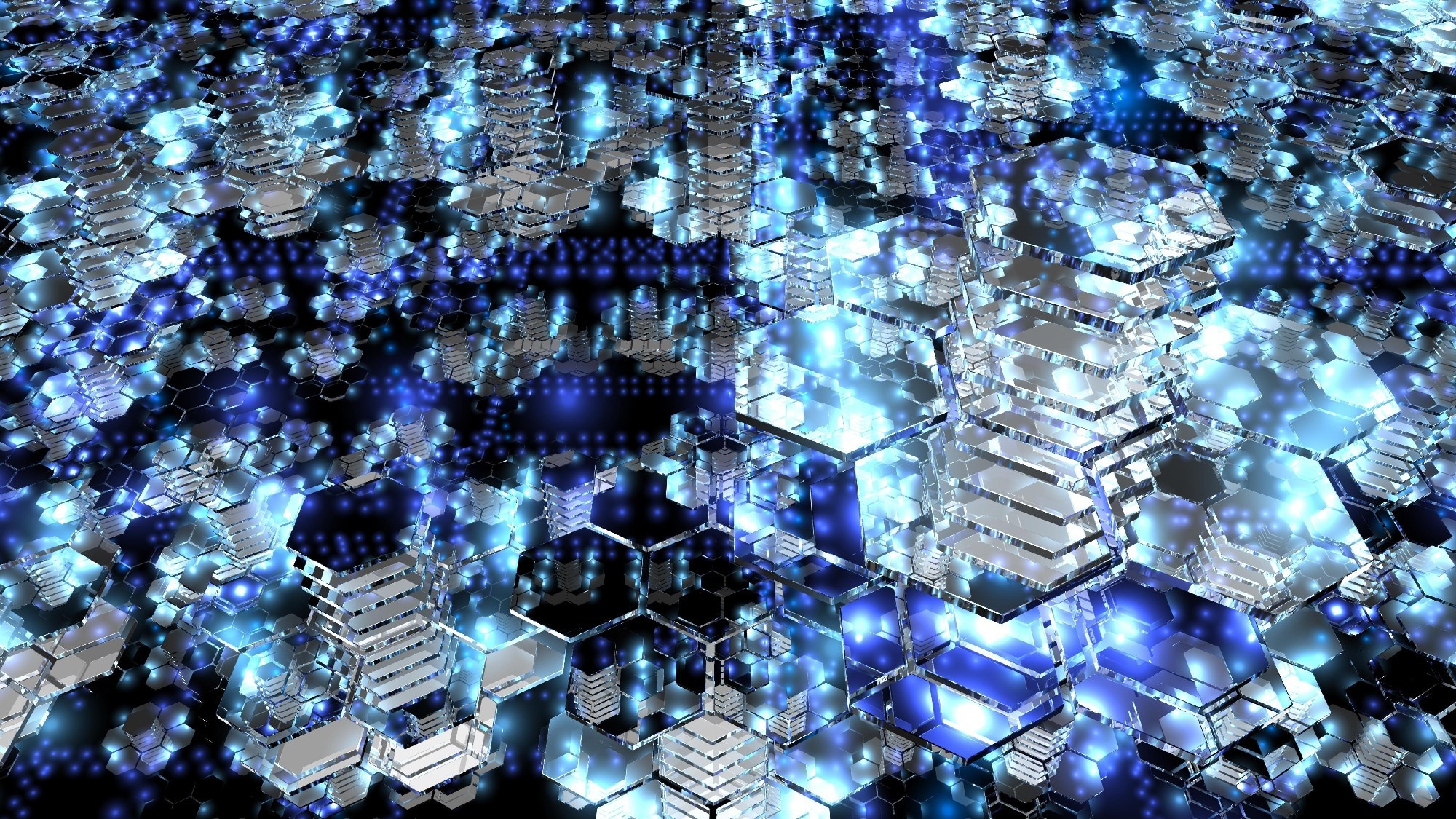
A review on nano-architected mechanical metamaterials reveals how nanoscale geometry transforms material properties for enhanced strength and functionality.
Targeted uterine mRNA treatment boosts fertility outcomes in mice
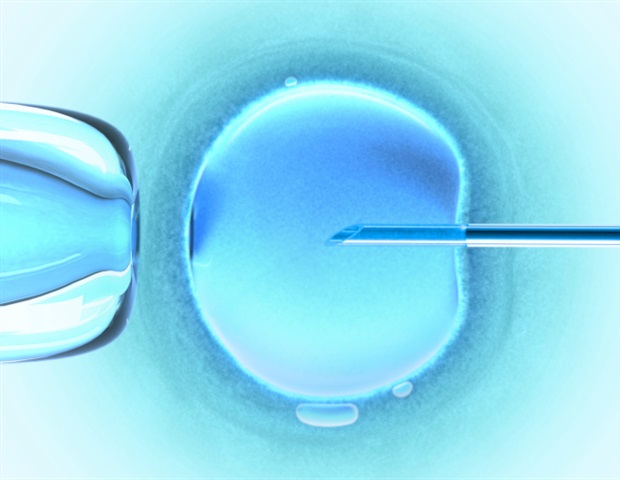
Researchers from the Wilmer Eye Institute, Johns Hopkins Medicine Center for Nanomedicine - which designs nanotechnology-based platforms for clinical translation across specialties - developed a strategy for delivering therapeutic messenger RNA (mRNA) to the inner lining of the uterus (endometrium) in mice via modified lipid nanoparticles (LNPs), which are small capsules made of fatty molecules.
Scientists Marry DNA Origami and 2D Materials to Make Nanoelectronics
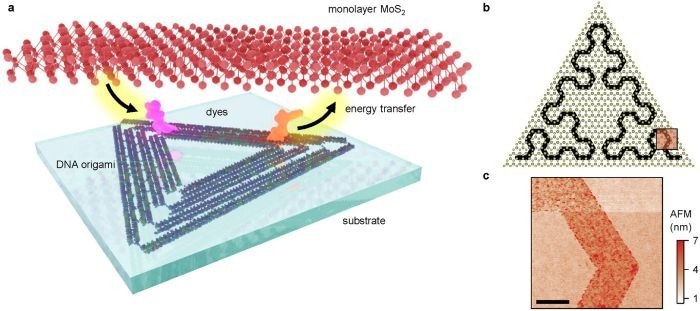
Skoltech researchers and their colleagues from Ludwig Maximilian University of Munich, Germany, Nanjing University of China, and the National Institute for Materials Science of Japan have developed a method for depositing organic molecules on a two-dimensional semiconductor in a highly controlled manner.
Machine learning enables prosthetic hands to control grip for daily tasks
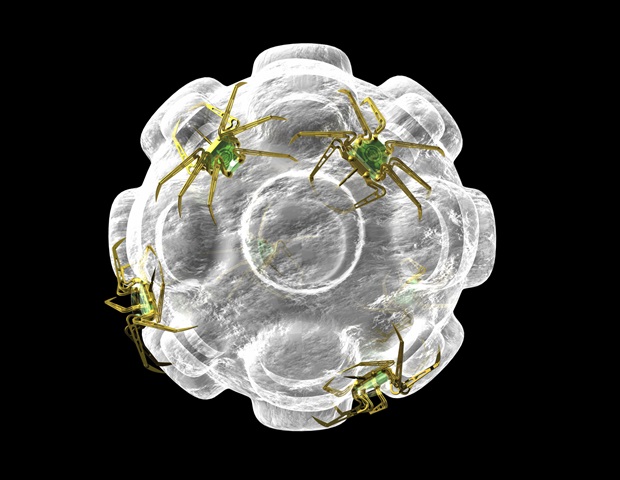
Holding an egg requires a gentle touch. Squeeze too hard, and you'll make a mess. Opening a water bottle, on the other hand, needs a little more grip strength.
Mucoadhesive chitosan-coated Fe3O4 magnetic nanoparticles for the treatment of intestinal dysmotility
Intestinal dysmotility represents a significant health burden, often leading to severe and life-threatening complications. Current therapies are limited, highlighting the need for smart treatment strategies. We propose a novel, minimally invasive approach involving the oral delivery of mucoadhesive magneto-responsive nanoparticles, which can be actuated by external magnets. As a proof of...
Advances in laser-induced graphene: materials, fabrication, and emerging applications in flexible electronics
Laser-induced graphene (LIG) has evolved from a rapid polymer-to-carbon conversion method into a versatile platform for fabricating high-performance flexible electronics. This review provides a comprehensive understanding of the photothermal and photochemical mechanisms governing LIG formation, emphasizing how laser parameters wavelength, fluence, and scanning speed determine graphitization...
Efficient cooling method could enable chip-based trapped-ion quantum computers

New technique could improve the scalability of trapped-ion quantum computers, an essential step toward making them practically useful.
Pills that communicate from the stomach could improve medication adherence
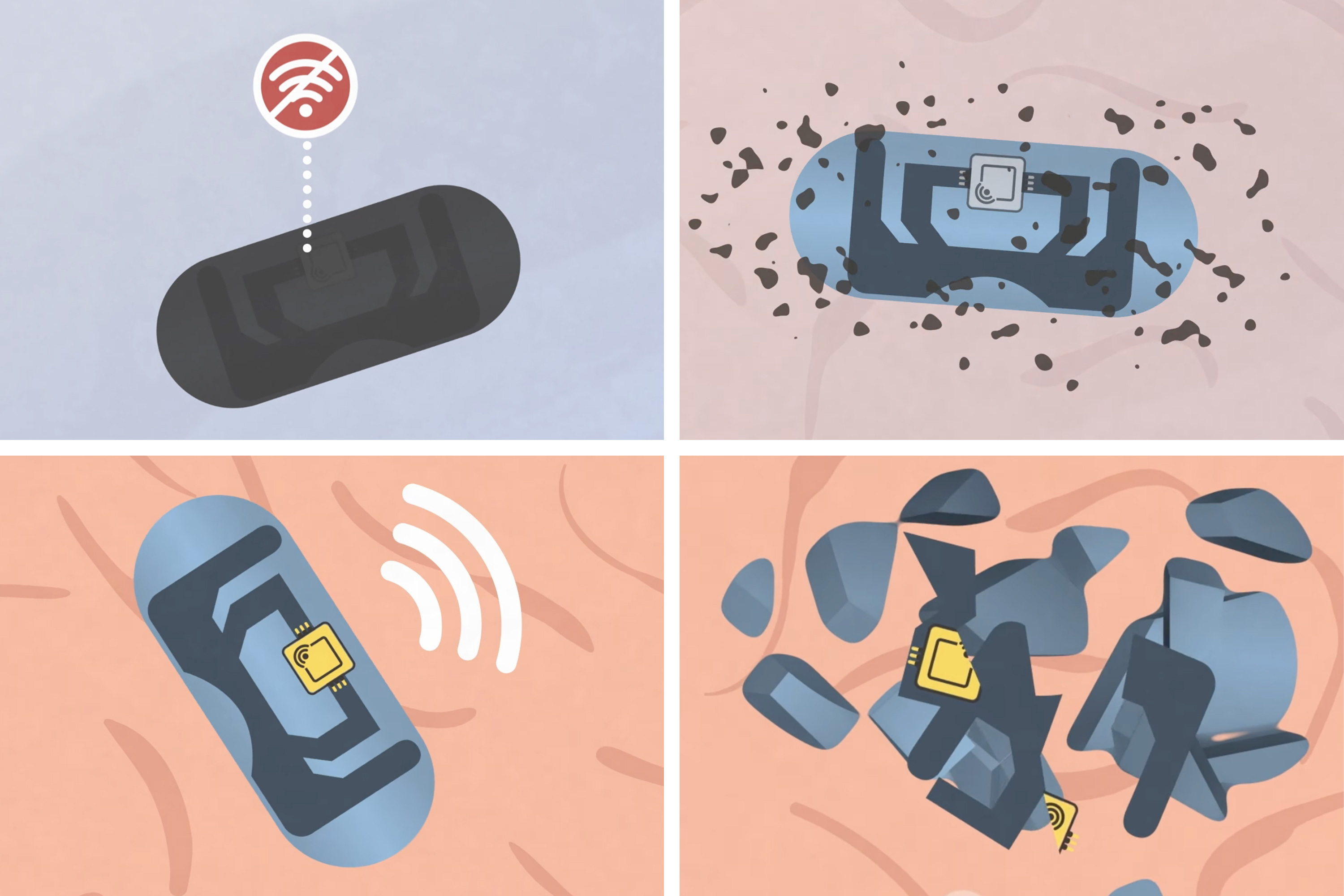
MIT engineers designed capsules with biodegradable radio frequency antennas that can reveal when the pill has been swallowed.
AI-generated sensors open new paths for early cancer detection
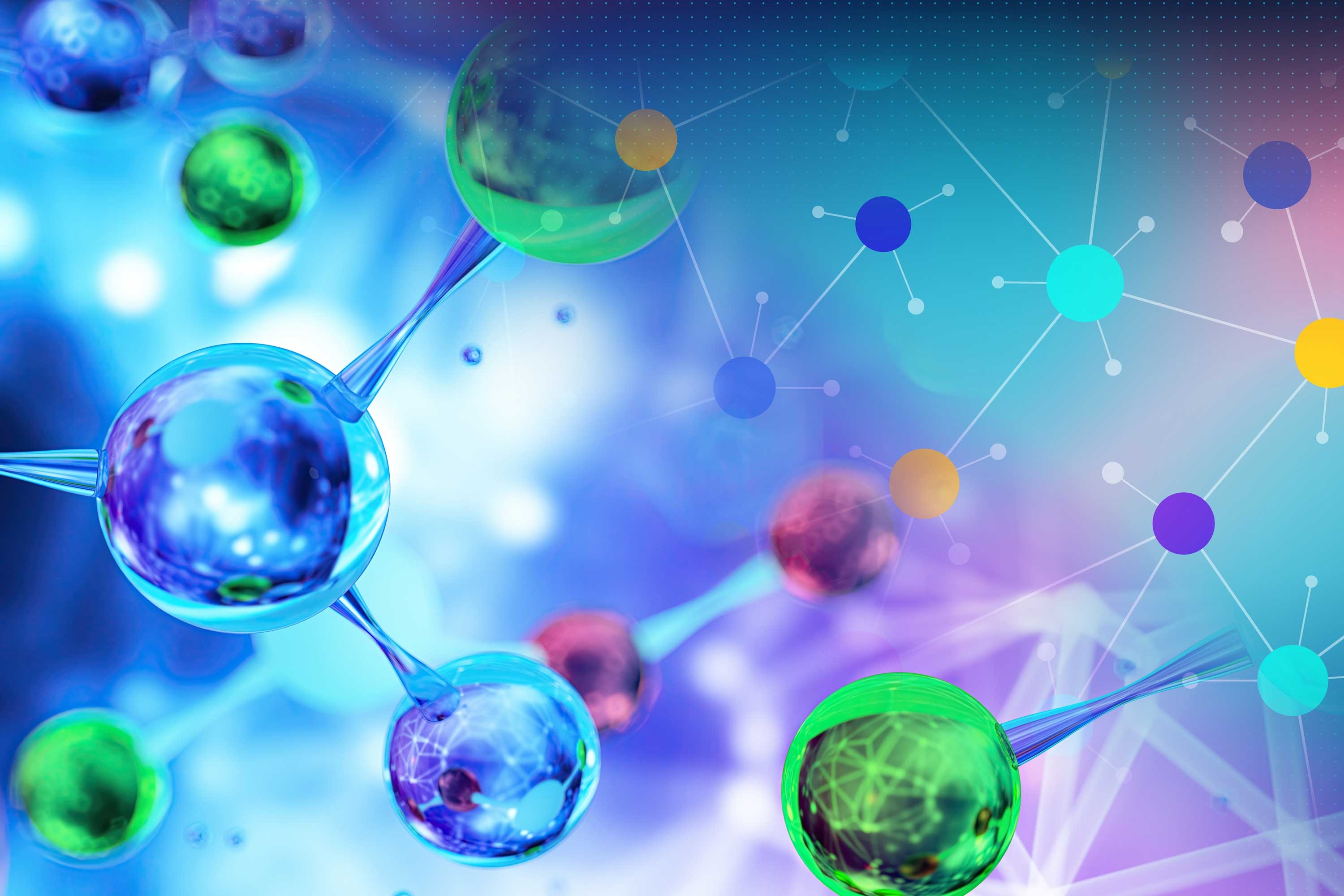
Nanoparticles coated with molecular sensors could be used to develop at-home tests for many types of cancer.
Season’s Greetings 2025 from NanoWorld
As we glide toward the end of the year, we’d like to say a heartfelt thank you to our customers and partners around the world for trusting NanoWorld AFM probes in your research and industry related applications. Whether you’re carving fresh tracks like the NanoWorld Professor or enjoying the view like our robot friend in … Continue reading Season’s Greetings 2025 from NanoWorld
Meet us at SEMICON Europa 2025
NanoWorld AG CEO Manfred Detterbeck is attending the 50th anniversary edition of #SEMICONEuropa (co-located with productronica), which will take place from November 18-21, 2025 in Munich, Germany. Will you be there to celebrate too?
New – NanoWorld introduces Arrow-ACR Silicon AFM probe
A reliable replacement of the Olympus®* AC160 – Optimized Positioning with Maximum AFM Tip Visibility NanoWorld AG is pleased to introduce the new Arrow-ACR AFM probe, developed to provide research professionals worldwide with a dependable alternative to the discontinued Olympus®* AC160 microcantilever. The Arrow™ ACR (typical resonance frequency 300 kHz, typical force constant 26 N/m), …...